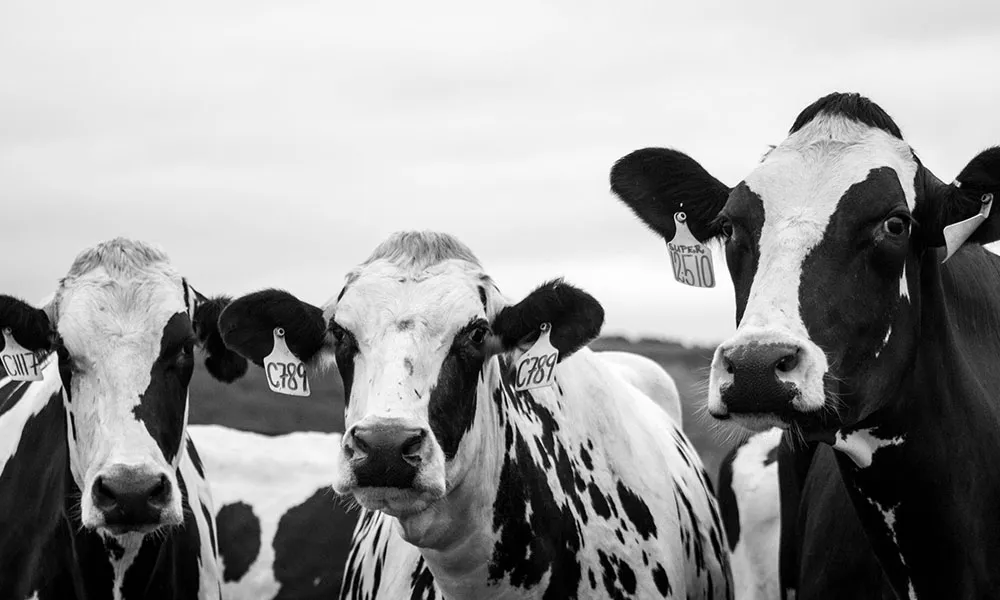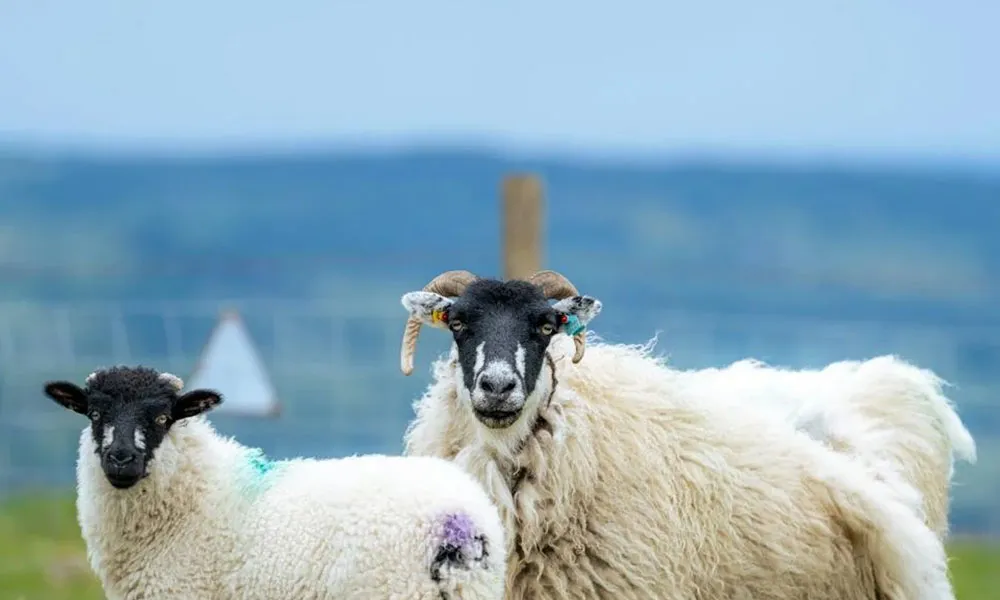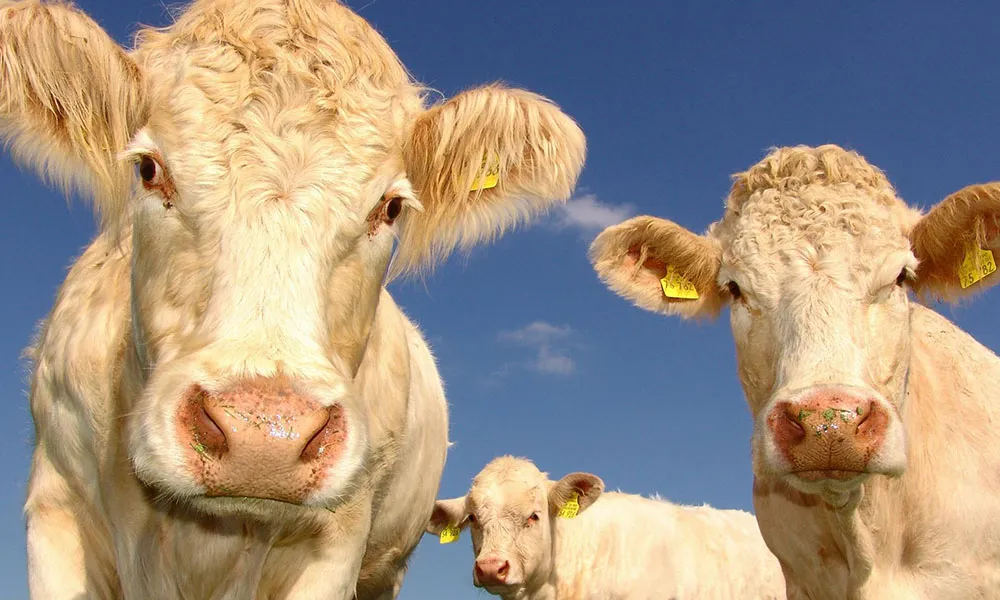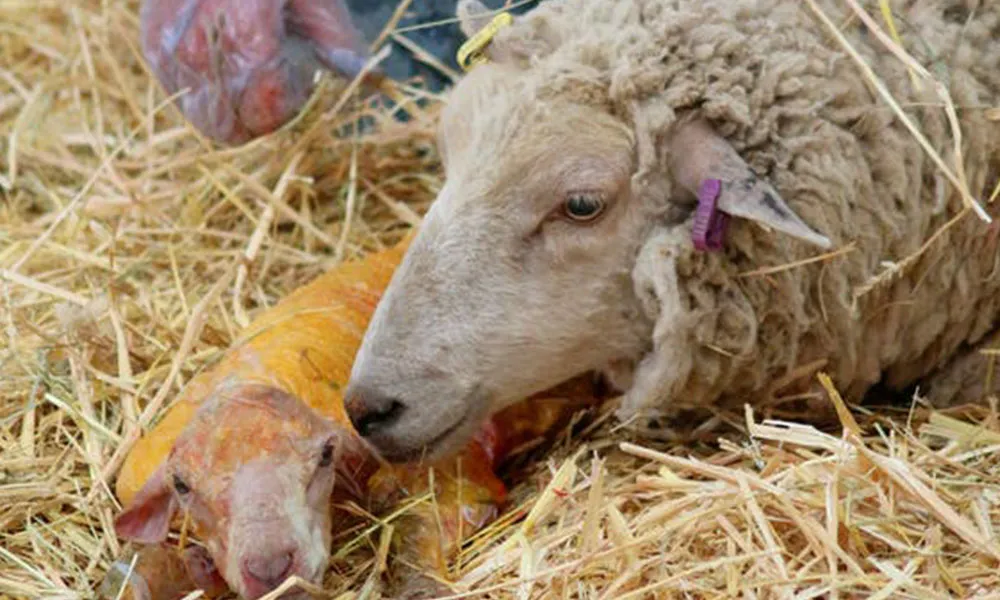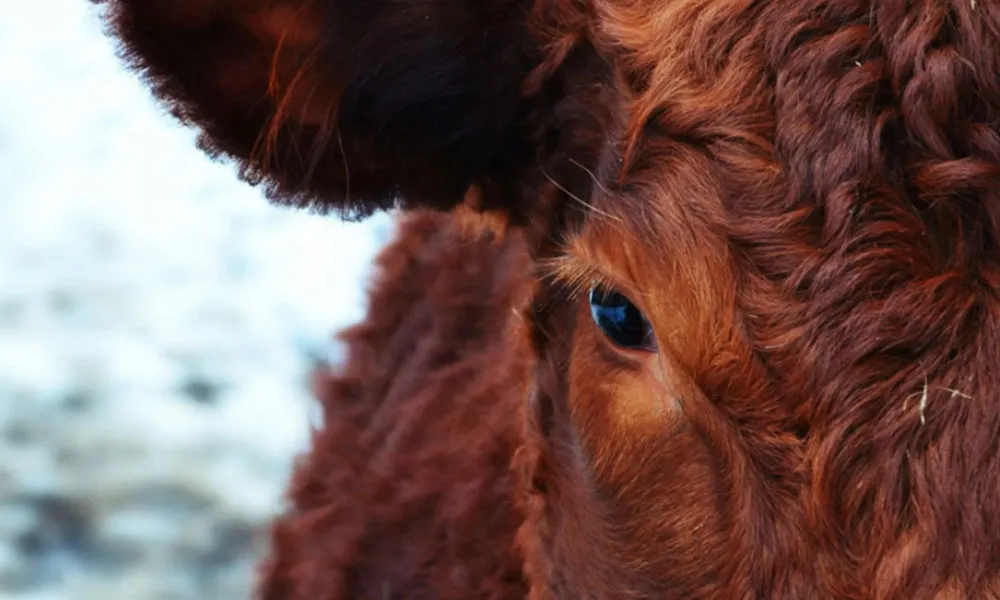There has been a spike in Redwater cases in recent weeks, leading to calls for extra vigilance on Irish farms moving into July. There is no doubt, at any rate, that cases of Redwater need to be treated seriously. Once contracted, the disease is often fatal, so it is vital that cases are managed correctly. It is also important that farmers take steps to prevent outbreaks of the disease.
Redwater: what is it?
Redwater is a severe and life-threatening disease that affects cattle. The disease is caused by a parasite called Babesis divergens, a parasite transmitted via the common tick. Therefore, it is important that measures are taken to keep ticks away from cattle. In the first instance, this may require you to manage pasture carefully. Ticks do best in dense, under-grazed and unmowed pasture, so it is important to keep grass and other vegetation relatively short.
Aside from this, you may wish to treat cattle for ticks using an
appropriate pour-on, injection or other anti-parasitic products. Before making a decision on the most appropriate treatment for ticks, it is best to consult with your veterinarian or licensed merchant. Remember that some products have a long withdrawal period for meat and milk, and may not be suitable for your animals.
What are the symptoms of Redwater?
Symptoms are not always observable in the early stages of Redwater disease. However, as the animal's health deteriorates, they may exhibit typical signs of illness including a loss of appetite, removal from the herd, high temperature, diarrhoea and a hollow in the left flank. Aside from this, there is also the characteristic colour of the urine, which often turns a brownish-red colour and is accompanied by increased frothing.
In the later stages of illness, animals will start to stagger and may appear confused. They may show signs of anaemia, including jaundice around the mouth and eyes. Urine often returns to a normal colour, while the animal's temperature plummets to below-normal. Constipation is another common feature of late-stage disease.
If treatment has not been provided by this point, death usually ensues.
Which animals are most vulnerable?
It seems that calves have a reasonable amount of natural immunity to Redwater, and animals rarely contract it in the first six months of life. Adult cows are particularly susceptible, so you should be very careful about buying in animals. Where adult cattle are bought in from an unknown farm, it is a good idea to keep them separated from the rest of the herd for a couple of weeks. This will allow you to monitor the new animal for Redwater and other contagious diseases before allowing her to join the rest of your herd.
